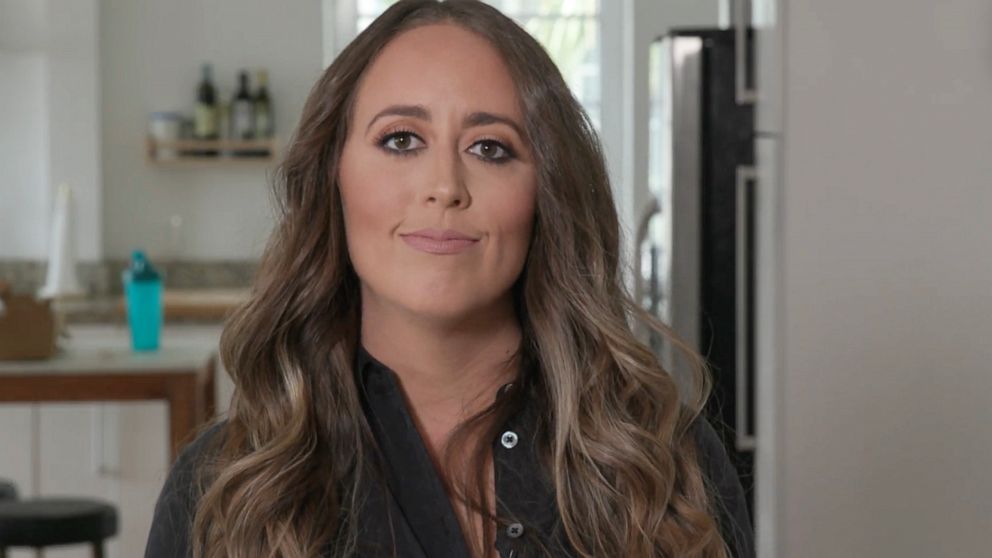Is your positivity toxic? How being positive may be harmful when helping others
Looking at the bright side isn't the solution to every problem, an expert says.
We've all heard of the power of positive thinking. We're told to be positive. Think positively.
So when someone we love is feeling down or facing a challenge, many of us often turn to positivity to comfort and console.
But being positive may not always be the right approach, according to licensed psychotherapist Whitney Hawkins Goodman, who uses the phrase "toxic positivity" to describe the phenomenon.
"Toxic positivity is when we meet somebody with a platitude, advice or a statement, and it leaves them feeling like they don't have room to be vulnerable, explain themselves or share how they're feeling," Goodman said. "This might be when somebody comes to you with a problem and you say, 'Come on, it's not that bad. Get over it ... everything's gonna be fine.'"
"I think as a society we really enjoy this type of positivity because it makes us feel like everything is OK," Goodman said. "It also puts a lot of responsibility on the individual. It lets us be able to say, 'This is your issue and if you could just be a little bit more positive, you would be able to fix it.'"
In reality, life is more complicated than that. Goodman explained via a viral social media post how some positivity can be "dismissive," while "validation and hope" can be better mechanisms for helping people cope.

"Toxic positivity has become such a popular concept with people because positivity has become so popular lately," Goodman said. "I think social media has played a huge role in how much we see positivity being pushed on us in our daily lives -- that everybody else is doing so great and they're so happy, and we're not."
Goodman said your interactions with others can be more helpful when you validate their statements and feelings.
To do that, she has provided tips for how to engage better with our loved ones:
1. Validate the experience that the person is going through. Say things like, "I hear what you're saying;" "I'm here for you;" and "That sounds really hard."
2. Ask them questions, such as, "Can you tell me more about that?" or "Can you tell me a little bit more about what this feels like for you?"
3. Ask the person if they want space to vent about their issue or if they want advice. If the person tells you that they want advice, it's OK to step in and share with them. If they tell you they are looking to share, then this is where you stop and continue to ask questions and be there with them.
"If you're the recipient of toxic positivity, it might make you feel really emotional and like the other person doesn't understand you," Goodman said. "It's OK to tell that person what you need in the moment, and if they're not able to offer it to you, it's OK to say, 'This is about me.'"
If that happens, Goodman suggested going to talk about the issue with another person who might be able to validate you in the moment.
"Toxic positivity is a scary word," Goodman said. "We want you to have more positivity in your life. What's important is that you're able to feel a wide variety of emotions and get to that positive adaptive thought on your own without being pushed there."